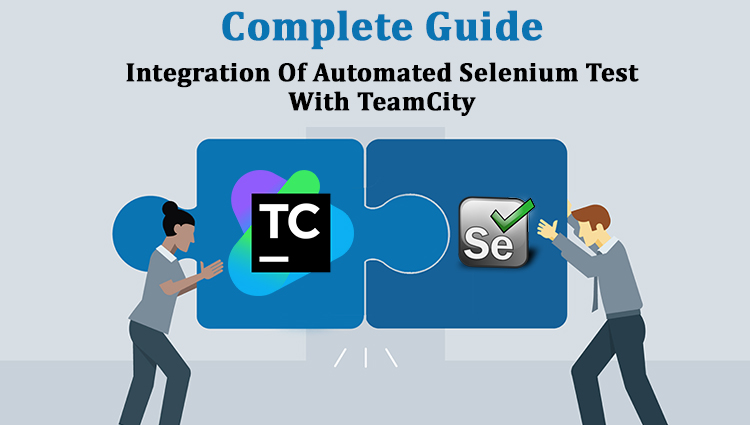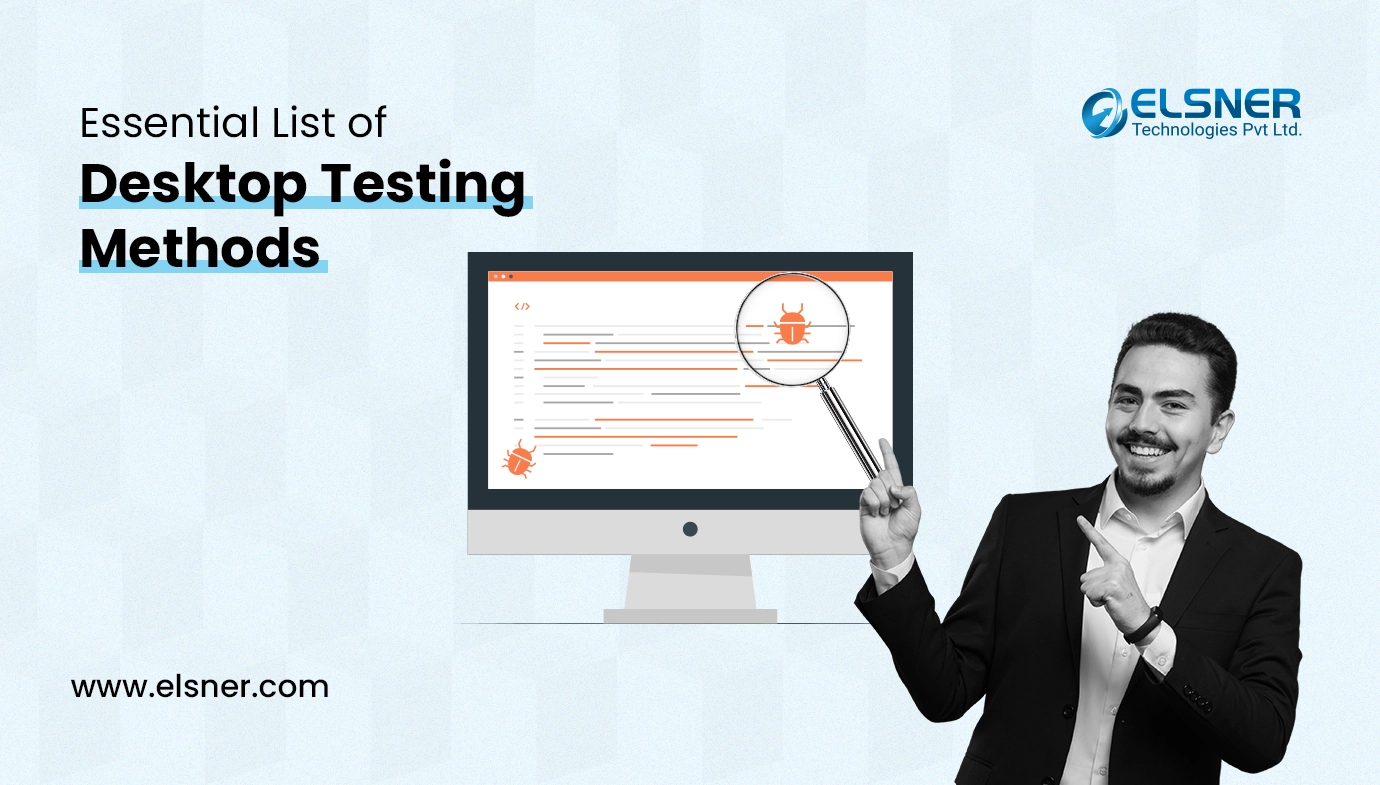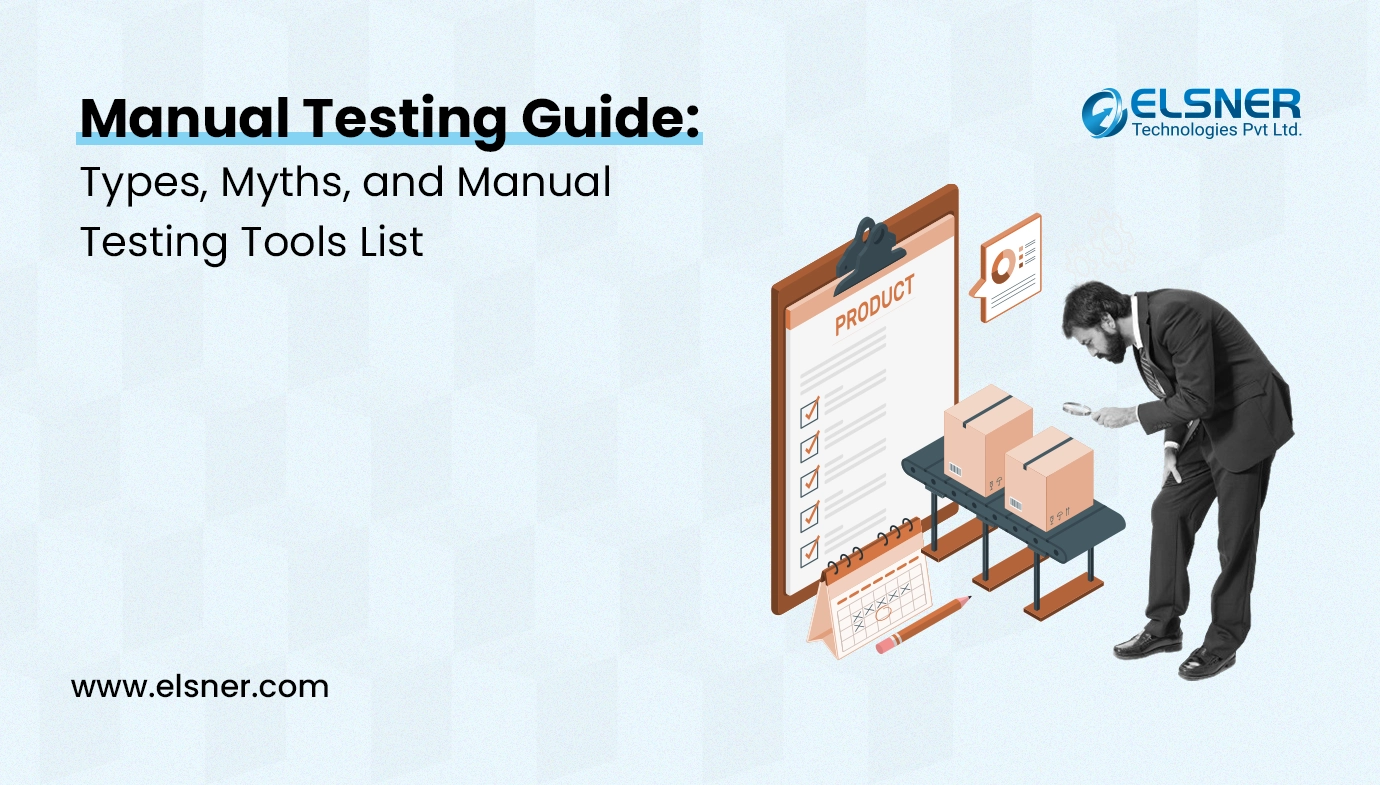Table of Contents
An automated testing is one of the most crucial processes these days to acquire the finest quality of the software product as they filled with bugs as well as errors mostly while moving further with agile process where some certain changes can come at any time. These changes can terminate your solutions to stop working properly.
Separately from standard testing through TDD or Mocking, there is always a requirement of performing interface testing to simulate a user who is using your website. The only possible solution in this situation is automated Selenium test.
Selenium test offers the possibility to generate user case scenarios on which you can test on both, on your live websites which is deployed to the clients or your dev applications. With this, you can get the chance to test each and every cases. The further building process will proceed on requirements or on the deployment of the live version of your product.
Selenium tests does not require any programming skills, however, it can be created by any developer as well as tester or business analyst. Well, creating a selenium test is indistinguishable to recording macros in Excel, all you have to do is to gather all your actions which you want to test.
Before you move further with Selenium Tests on TeamCity server, make sure have installed Firefox version 21.0 as the latest version isn’t working with Selenium.
Further, you have to create a project on Selenium or you can even use the premade project too. Then consider uploading all the project files on GitHub as the project files can’t be uploaded directly on TeamCity server.
Now, all you have to do is to fetch the project files from GitHub to the teamcity and from there you can run the test.
If you need to coordinate with Selenium tests with the TeamCity server, you can do it by including former created project into your development project files. From that point onward, you can arrange TeamCity build setup to run your Selenium tests on each triggered build. To design-build step, you have to pick Maven Framework.
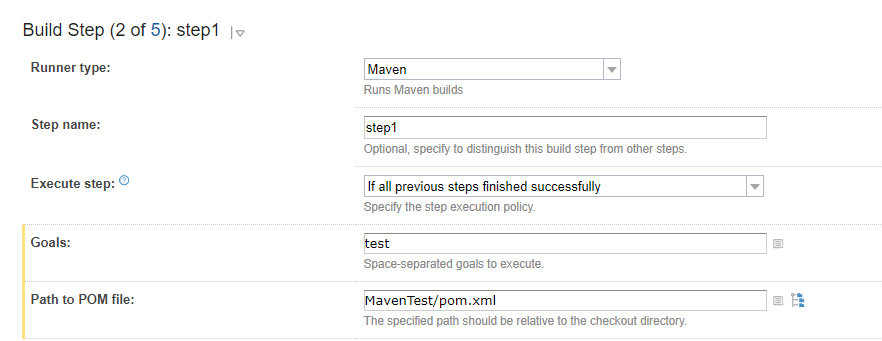
If you have arranged everything effectively, the test will keep running on each application change. Obviously, Selenium tests must be kept running toward the end, when project is compiled and deployed on the server.
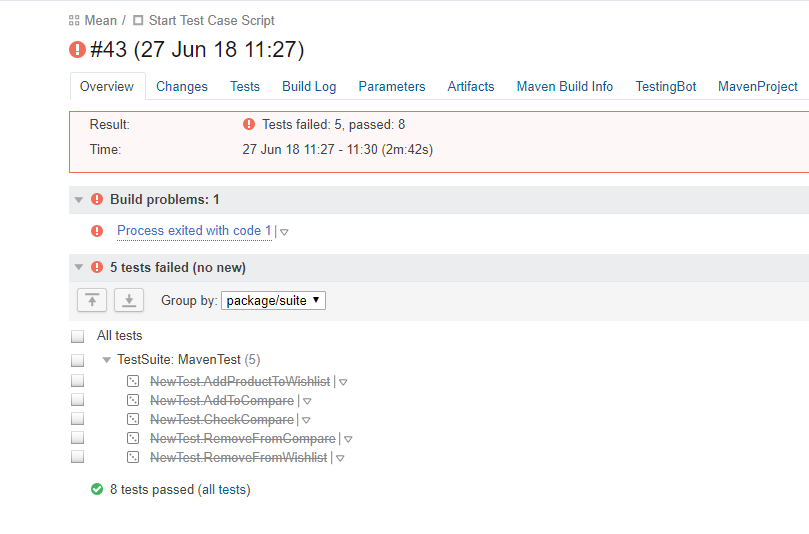
At the point when tests complete, you can check the status in TeamCity admin panel or create email notifier or utilize TeamCity Tray Notifier to track the outcomes.If the test modules are failed, the acqurate reasons through the test is failed are even mentioned. So that you can make changes to your project with ease.

The last thing that should be set-up is the Selenium server. You can run the Selenium server locally by turning it on when required and afterward running Maven application to check the test locally. For our situation, we need the Selenium to keep running on the server as a Windows Service.
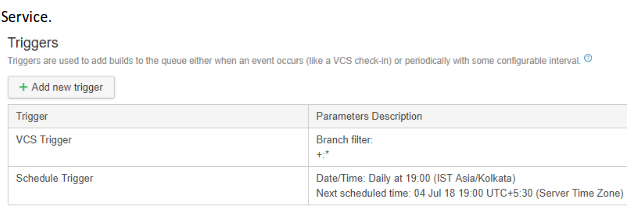
In case, if you make changes in your Selenium project files, you can set a specific time to run the test on daily bases. Through “Schedule Trigger” the changes can be applied i.e., the time can be modified as per as your desire and the result can be acquired through configure mail notifier or manually by TeamCity Tray Notifier.

Digital Transformation begins here!
Let us write your business’s growth story by offering innovative, scalable and result-driven IT solutions. Do you have an idea that has the potential to bring a change in the world? Don’t hesitate. Share with our experts and we will help you to achieve it.

